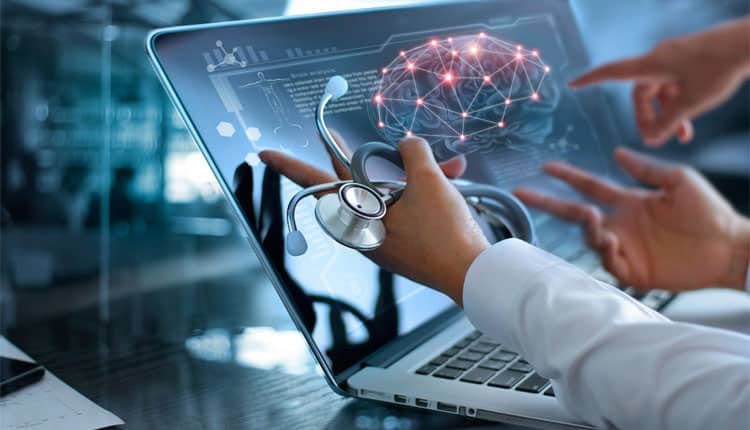Technology: Shaping the Future of Healthcare
- Written by NewsServices.com

Healthcare improved significantly in the last years due to advancements in technology. On the one hand, more people are aware that prevention is the best healthcare practice. They keep track of their health through nutritional apps or check their blood pressure and other things through various gadgets.
On the other, doctors and medical staff can work with greater accuracy through new technologies. They give better diagnostics since better analysis and monitorisation are available. Breakthroughs in various tech fields accomplish new technology.
These breakthroughs complement one another, shaping the future of healthcare. Most people know about wearable technology, such as the smartwatch, which can check your health. Yet, here are a couple of new healthcare technological improvements that will change the future for patients and health professionals. We will also discuss a looming threat that both should consider.
Improvements in Vision Technology
The CT scan or MRI are technological innovations that became the staples of the medical field. But, new technologies, such as surgical vision aids, blood loss monitorisation, VR therapy, and others that offer even remote treatment, force the healthcare system to change.
Sensing and vision systems are improving as medical equipment producers team up with electronics manufacturing professionals. They design, innovate and improve new devices for medical applications.
These technologies improve as advancements are made in machine learning and communications.
More Reliable Automated Diagnostics Technology
Reliable and highly accurate automated diagnostics through advanced sensors, AI, and vision technologies, are an SCI-FI concept, nearing reality with each passing day. Less invasive diagnostics are now possible through vision and sensing technologies.
AI has come a long way since 1956, able to diagnose existing conditions. Predictive AI monitoring can identify threats before they do damage. For example, some AI technology can predict seniors about to fall. Some can identify early symptoms of sepsis and prevent medical errors.
Preventing care evolves through these new technologies. This allows doctors to help their patients by identifying health risks before they become severe or even occur at all.
Advancements in Wearable Technology
Wearable medical devices continue to improve as well. From vision aids, advanced sensors, precision injection administration to connectivity and reliability. The smartwatch is again a great example of what can be accomplished and improved.
Wearable technology that can monitor, keep track, or check our health, is limited only by its processing power. Still, with each passing day, this technology is becoming more powerful and versatile.
One day, even the Star Trek “tricorder,” the device used to scan patients from distances, will become a real thing. But there is one looming threat to healthcare technology.
Real-Time Information Sharing and Security
Technological improvements will boost healthcare efficiency. The most critical and life-saving technologies are monitorisation and prevention. Yet, they can only work based on real-time information.
As technology improves and shapes the future of healthcare, cyber threats are imminent. Cybersecurity is vital to the healthcare system. Security threats from hackers, malware, ransomware have hindered its progress.
About 90% of healthcare providers use mobile device initiatives for patient satisfaction and staff productivity. But, usually, healthcare providers overlook data encryption. Fortunately, it is possible to protect patients’ privacy, and this is how.
VPN Services Can Protect Patient Privacy
You can use a Virtual Private Network wherever you are in the world, and encryption is what you should think about when you hear about a VPN. Australia, for example, is the third most cyber-attacked nation in the world. But, with a VPN, you can be safe even here.
A VPN will encrypt all your data. It will protect patient privacy and even your healthcare data as a business, preventing breaches. All you have to do is search for the best VPN for Australia or where you are located, explore secured and encrypted servers available, and choose a VPN provider. With a VPN, you can ensure that your privacy and data are safe from most cyber threats.
Keep your Apps, Software, and Operating Systems Up to Date
Updated software is among the best cybersecurity practices. If your apps, software, or operating systems aren’t updated regularly, they can make you more susceptible to a data breach and other cyber threats.
Choose a Trusted Healthcare Provider
As a patient, only work with healthcare providers that also focus on IT security. As a healthcare provider, you should invest some of your budget in security. If you work with other partners, make sure that they also take confidential information and cybersecurity seriously.
The future of healthcare, despite the looming threat of cybersecurity, looks bright. Technology will ensure better healthcare systems. It will ultimately triumph even in the face of cyberattacks.
